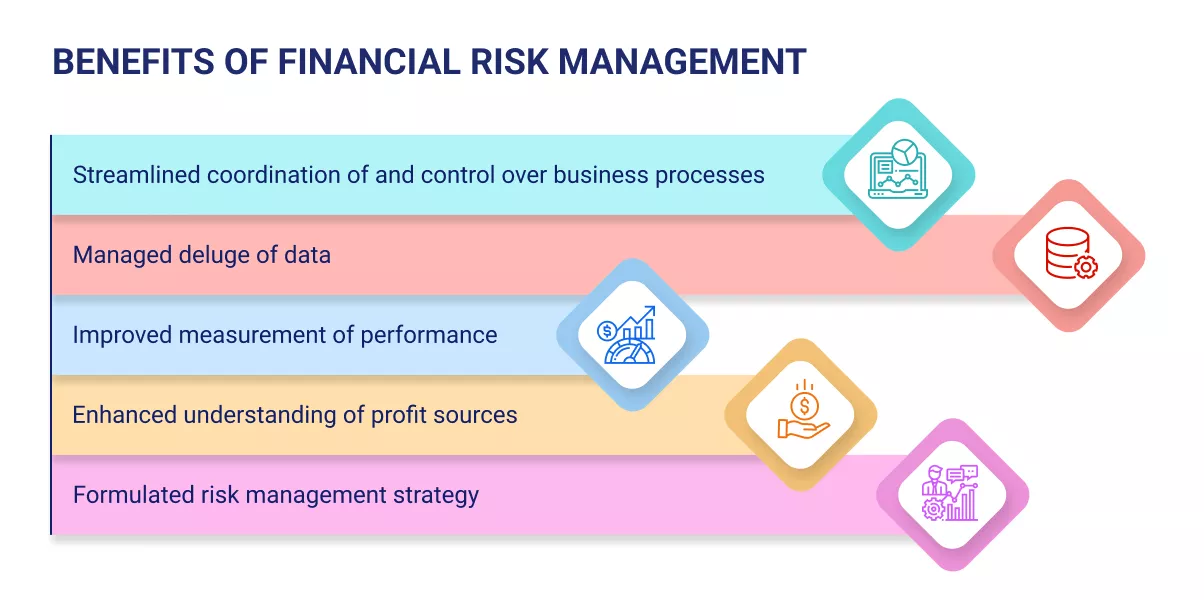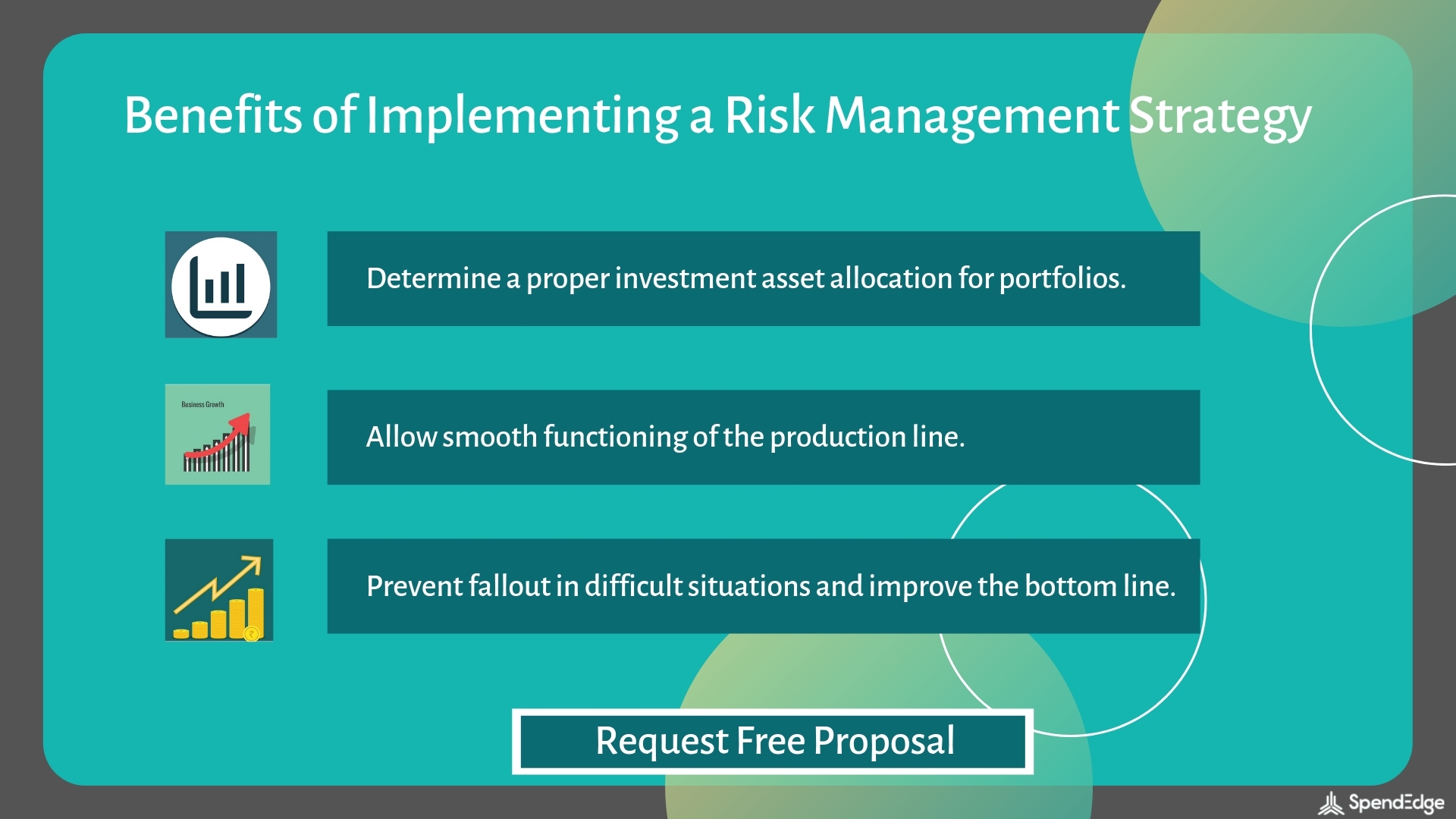The Wide-Spread Importance of Risk Management in International Supply Chains
The Wide-Spread Importance of Risk Management in International Supply Chains
Blog Article
Exploring the Value of Risk Management for Effective Decision-Making Approaches
In the elaborate world of service, Risk Management emerges as a crucial consider the decision-making process. The capability to recognize potential threats and possibilities, and strategize accordingly, can mean the difference between success and failing. With tools such as SWOT and PESTEL, organizations are outfitted to make informed options, fostering resilience and flexibility in an ever-changing setting. Wondering how this works? Let's unbox the dynamics better.
Comprehending the Principle of Risk Management
Risk Management, a crucial element in decision-making, is often misconstrued or oversimplified. Risk Management involves organized and disciplined techniques, utilizing information and informative analyses. From monetary uncertainties, lawful liabilities, calculated Management mistakes, to crashes and all-natural disasters, it resolves various dangers - importance of risk management.
The Function of Risk Management in Decision-Making Processes
In the realm of strategic preparation and business operations, Risk Management plays an essential role in decision-making procedures. It aids in recognizing potential risks and unpredictabilities that can influence the success of organization purposes. By tracing these threats, companies can create approaches to reduce their influence, guaranteeing organization connection and stability. Risk Management hence ends up being a crucial tool in decision-making, assisting leaders to make educated selections based upon a comprehensive understanding of the risks involved. It motivates an aggressive technique, allowing companies to anticipate and prepare for possible future scenarios. This substantially minimizes the likelihood of negative effects, advertising more efficient and effective decision-making strategies. As a result, Risk Management functions as an important element in the decision-making procedures of any type of organization.

Exactly How Risk Management Boosts Strategic Planning
In the context of strategic preparation, Risk Management plays a crucial function. Initiating with the identification of potential threats, it better includes the execution of Risk mitigation actions. The role of Risk Management is not static yet dynamic, as it demands continuous monitoring and adjusting of strategies.
Identifying Prospective Threats

Applying Risk Mitigation
Risk mitigation approaches can vary from Risk avoidance, Risk transfer, to run the risk of decrease. Each technique must be tailored to the particular Risk, considering its possible impact and the company's Risk resistance. Efficient Risk mitigation needs a deep understanding of the Risk landscape and the prospective effect of each Risk.
Tracking and Changing Strategies
Though Risk mitigation is an essential action in critical preparation, continuous monitoring and modification of these methods is similarly important. It also supplies a possibility to assess the success of the Risk Management procedures, enabling changes to be made where required, additional boosting critical planning. Monitoring and readjusting Risk Management strategies is an essential element for enhancing a company's resilience and tactical planning.
Case Researches: Successful Risk Management and Decision-Making
Worldwide of organization and financing, effective Risk Management and decision-making frequently serve as the pillars of prosperous business. One such entity is a multinational oil business that minimized economic loss by hedging versus rising and fall oil prices. In one more circumstances, a tech startup grew by recognizing and approving high-risk, high-reward methods in a volatile market. A worldwide bank, confronted with governing uncertainties, successfully navigated the circumstance through aggressive Risk evaluation and vibrant decision-making. These situations highlight the worth article source of sharp Risk Management in decision-making procedures. It is not the lack of Risk, however the Management of it, that frequently sets apart effective firms from not successful ones. These cases emphasize the critical role of Risk Management in strategic decision-making. importance of risk management.
Devices and Strategies for Reliable Risk Management
Browsing the complex maze of Risk Management requires the right collection of strategies and tools. These devices, such as Risk registers and warmth maps, help in identifying and analyzing possible threats. Strategies include both measurable approaches, like sensitivity evaluation, and qualitative methods, such as SWOT evaluation. These aid in focusing on threats based on their potential effect and possibility. Risk response strategies, an essential component of Risk Management, entail accepting, staying clear of, moving, or mitigating dangers. Tracking and controlling threats, through regular audits and reviews, make certain that the approaches remain reliable. With these methods and tools, decision-makers can navigate the facility landscape of Risk Management, thereby facilitating educated and effective decision-making.
Future Fads in Risk Management and Decision-Making Approaches
As we check out the substantial Continued landscape of Risk Management, it comes to be noticeable that the tools and methods used today will certainly proceed to evolve. The principle of Risk culture, where every participant of a company is aware and involved in Risk Management, will get a lot more prestige. These fads advertise a more proactive and comprehensive method towards Risk Management and decision-making.
Verdict

Risk Management thus ends up being a crucial device in decision-making, helping leaders to make educated selections based on a detailed understanding of the dangers included. Risk mitigation techniques can vary from Risk evasion, Risk transfer, to run the risk of reduction (importance of risk management). Effective Risk mitigation requires a deep understanding of the Risk landscape and the potential impact of each Risk. Risk response More about the author strategies, a vital component of Risk Management, include accepting, avoiding, moving, or mitigating threats. The concept of Risk society, where every member of an organization is aware and entailed in Risk Management, will obtain a lot more prominence
Report this page